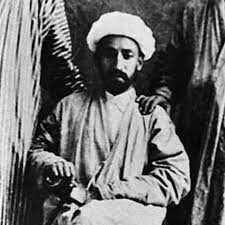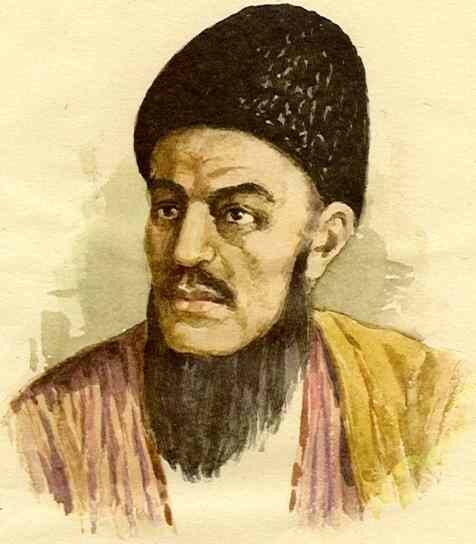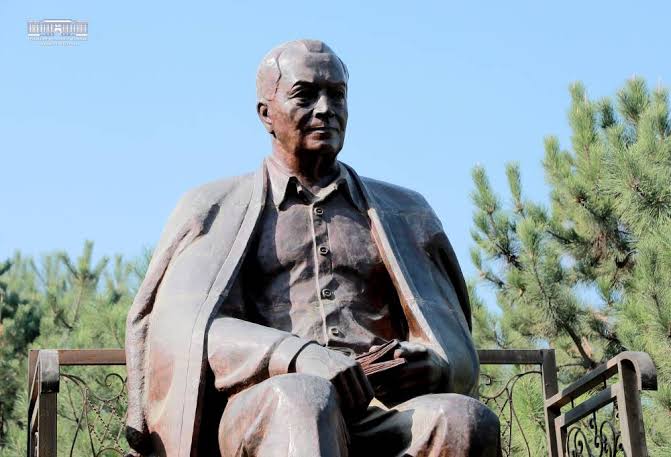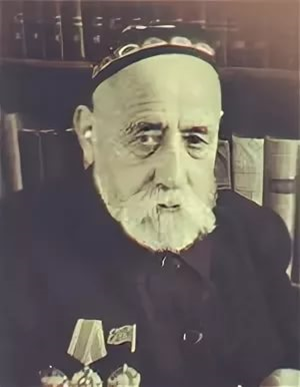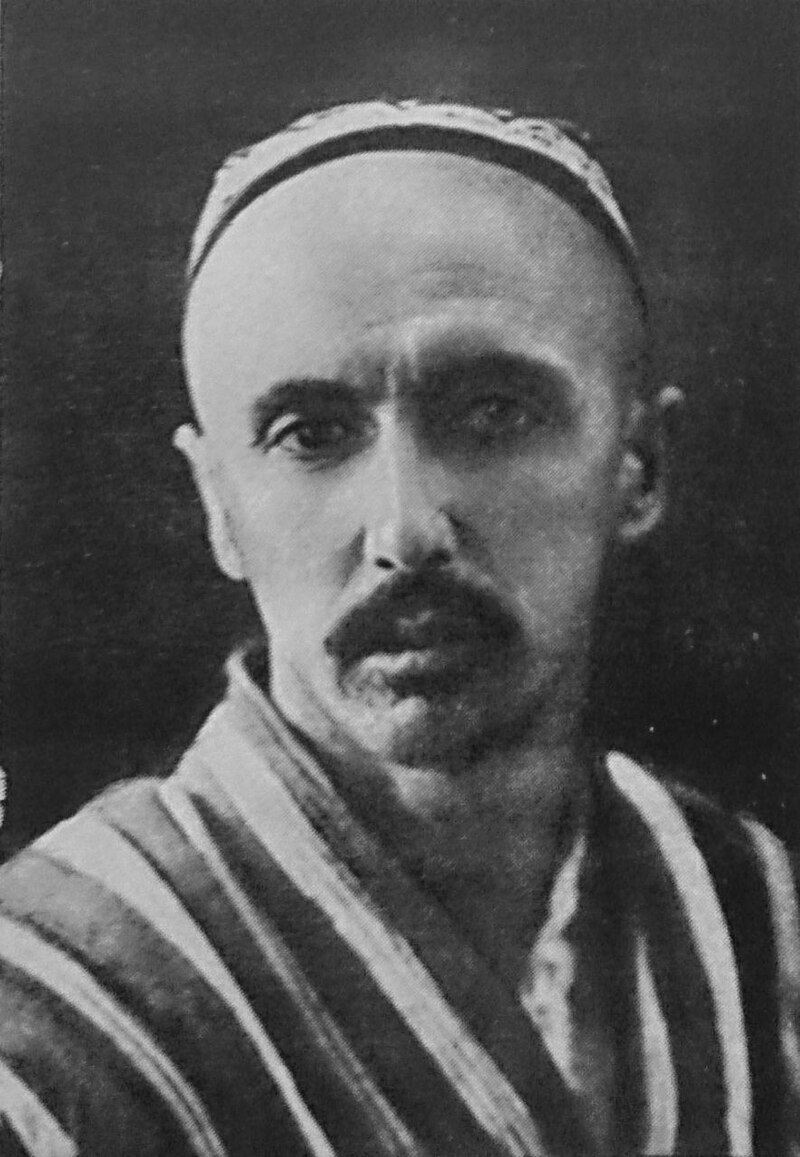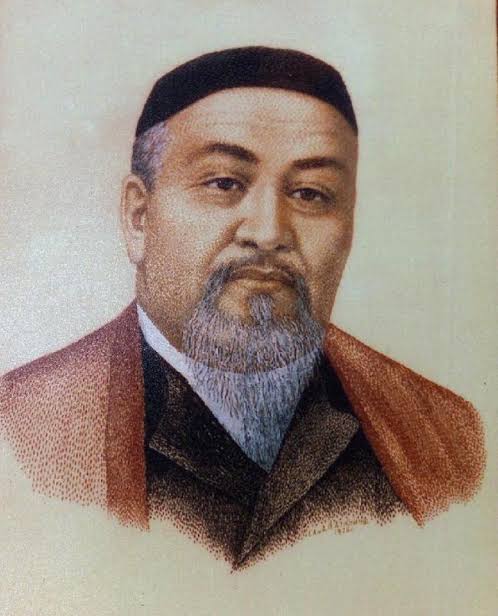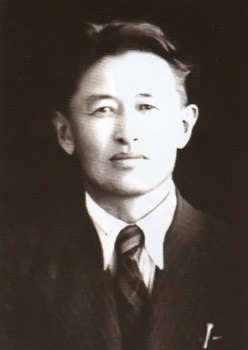Abdurauf Fitrat (1886-1938)
Abdurauf Abdurahim og’ly Fitrat Bukharai, often known by his pen name “Fitrat”, had his work banned for many years due to its “counterrevolutionary nature”, yet his poetry and prose helped establish a modern Uzbek national identity.
Born to a very devout Muslim family, Fitrat subscribed to Jadidism all his life. The Jadid movement was a group of Turkic Muslims that believed in mixing Islamic beliefs and morals with modern lifestyles. While studying and working in Türkiye he wrote many pieces about Islamic unity and also about a desire for progress and prosperity in Central Asia.
Fitrat’s first popular writings in his homeland (though he had been a frequent and well-liked contributor to newspapers in Türkiye) were two booklets he published while living abroad, “Debate Between a Teacher from Bukhara and a European” and “Tales of an Indian Traveller”. He wrote these in Persian but the ones popular in Central Asia were the translations into Turkestani Turkish and the eventual translations into Russian after the evident demand for his work in the region.
As well as works that reflected the national culture of intellectualism, Fitrat also wrote political works that dabbled in themes of religion and social structure, like “Fasting for Ramadan” and “Satan’s Revolt Against God”.
Fitrat was involved with many Panturkic groups and advocated to integrate Central Asia rather than segregating it based on language-based regions. He wrote treatises on Central Asian languages and taught young people about the traditional aruz rules of Uzbek prosody. He wanted to keep the languages of Central Asia thriving while integrating the societies.
Fitrat’s work, though it is the subject of much criticism from anti-Jadidist and pro-communist thinkers, was essential in forming the national understanding of Bukharan and Uzbek political identity.
